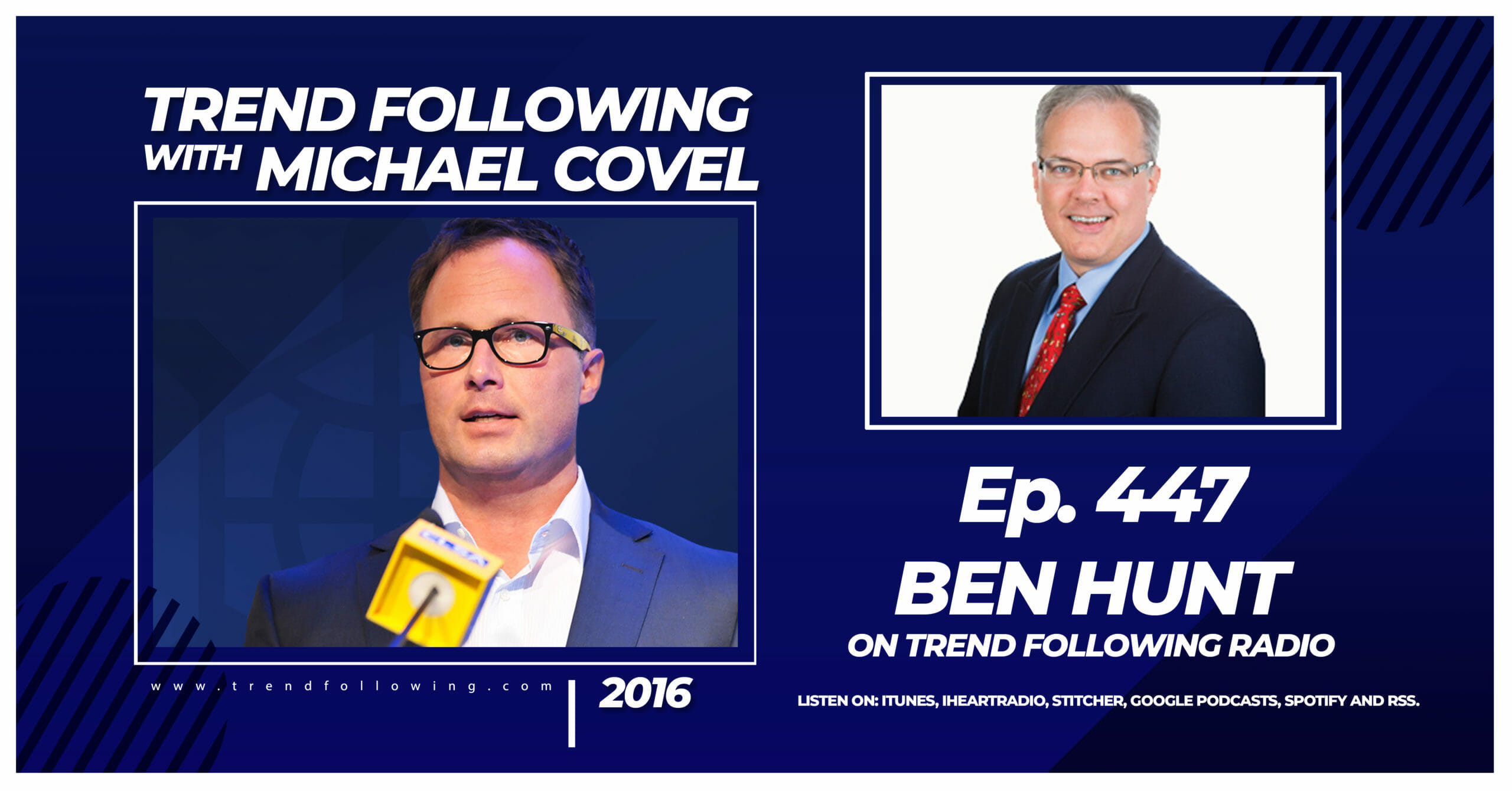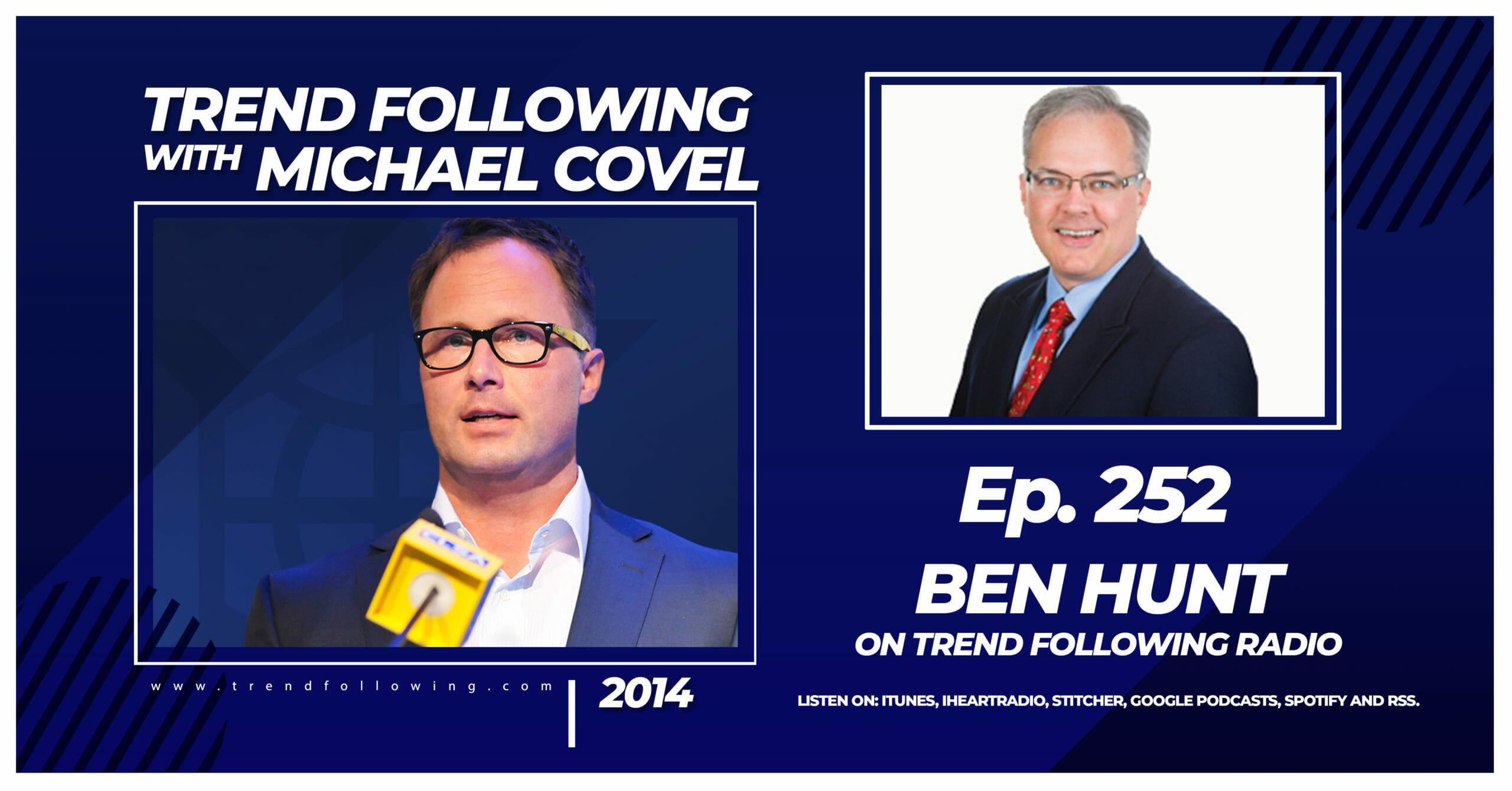A recent piece from Ben Hunt (see my Trend Following Radio Podcasts with Ben Hunt: ep 252, and ep. 447:
In every important respect, the Fed and the ECB and their brethren are no longer central banks at all. They are Ministries of Markets, no different from a Ministry of Industry or – even more eerily similar – the Ministry of Culture you would find in most European governments.
I spent the past week in Switzerland, meeting with old friends and making some new ones, and just like my recent travels in the US there was one overwhelming sentiment. No one doubts the omnipotence of central banks. No one doubts that market outcomes are fully determined by central bank policy. No one doubts that central banks are large and in charge. No one doubts that central banks can and will inflate financial asset prices. And everyone hates it.
Among those investors and allocators with the freedom to flee public markets, the interest in private market opportunities has never been greater. Among those investors and allocators trapped by mandate diktat in the Alice in Wonderland world of public markets, the resigned desperation has never been worse. It’s a quiet desperation in Zurich – a Teutonic stare at the floor and a wrinkling of the mouth – more obvious in Geneva with a Gallic shrug and a full-faced grimace. But’s it’s all the same emotional response to the Bizarro markets in this, the Golden Age of the Central Banker.
At this point the Narrative hegemony is complete. There’s no longer even a cursory bow to the idea that fundamentals matter. Earnings seasons come and go in the financial press with hardly a murmur. Over the past six months I can count on the fingers of one hand the financial press headlines that recapped the market day by saying that stocks went up or down “because” of company fundamentals. Six months ago I was writing in insurgent fashion about the “New Goldilocks Economy” constructed not on actual fundamental data but on how that data was interpreted through the lens of central bank policy. Today it’s a so-what-else-is-new article in the WSJ. A year ago I would meet with the occasional true believer in the power of central bank Narratives and the poverty of fundamental analysis in an environment of profound political uncertainty, but it was always against a dominant backdrop of “synchronized global growth” or “stock-picking is going to work again, just you wait and see”. Now everyone is a convert to the Narrative of Central Bank Omnipotence. Wherever I go, anywhere in the world, I am preaching to the choir when I deliver my sermon.
So I’m calling a top. Not a top in markets, because I honestly have no idea what’s going to happen next. But I’m calling a top in the Narrative of Central Bank Omnipotence because it has, in fact, reached its asymptotic limit of influence and belief.
It’s a top because the cracks are starting to show and widen. A Narrative architecture can sustain amazing structures, much like the flying buttress allows Gothic cathedrals to soar, but ultimately it can only bear so much weight. Draghi’s language last Thursday was sloppy. His pitch was uncharacteristically poor as he sang his lullaby to the Red King. I think he’s bitten off waaaay more than even he can chew, a point I’ll review at length next week. As for the US, the Central Bank Omnipotence Narrative is actually counterproductive for equity market price levels at this point. Because we are such well-trained monkeys, we act by reflex today to buy-buy-buy whenever a headline of Central Bank activism surfaces, but the training starts to work the other way when the tightening starts in earnest and the Fed reserves hang out there unresolved, like the mother of all lead balloons draped around the long end of the curve. Remember what an inverted yield curve looks like? Ain’t a pretty sight. But draining the reserves could look even worse. Damned if you do. Damned if you don’t. And the equity market caught in the middle.
It’s a top because – like a Ministry of Industry or a Ministry of Culture – a Ministry of Markets and its dirigiste control of the human animal’s social behavior ultimately fails. Maybe not a failure in the sense of apocalypse and ruin (although sometimes), but a failure in the sense that The Next Big Thing never comes out of a Ministry. They have their successes, sure, some grand program or triumphant announcement, but they’re only successes because we are TOLD they are successes. Since when has a Ministry of Culture sparked great art? Since when has a Ministry of Industry sparked great commercial advancement? Ministries are well-meaning. Ministries are the darlings of the professional intelligentsia that controls the organs of the State and Media. Ministries are wonderfully effective instruments of social control. But neither art nor commerce nor investment comes well from on high. It just doesn’t stick. The most powerful ideas in human history always come from below, not from above, and markets (and elections and revolutions) are the transmission mechanism of the idea engine. Watch out above!w
An inflection point in the market Narrative doesn’t alter market price levels directly. It alters the informational structure of markets (for a refresher course on what I mean, see “Through the Looking Glass”). It alters the market’s response pattern to future signals and events. That’s why I think it’s silly to predict end of year S&P 500 levels or engage in any such crystal ball gazing, because I have no idea what will happen next. But whatever pops out of the woods next (and somehow I doubt the global economy is walking down a primrose path), I think that using an Epsilon Theory perspective based on information theory and strategic behavior can help me react quickly and appropriately, which is what I mean by Adaptive Investing.
I don’t know what the catalyst for The Next Big Thing will be, although I have my suspicions. Maybe it’s a realignment election in Italy or the US. Maybe it’s China saying whatever the Mandarin equivalent of no mas might be. Maybe it’s a liquidity seizure in the repo market or some other unanticipated structural market failure. But whatever it is, we’re no longer at a point where additional State intervention can claim additional Narrative firepower. It’s like buying a stock that has no short interest and where all the sell-side analysts are rabidly positive. No thanks! Just as a short seller today is the marginal buyer of your stock tomorrow, so is the skeptic today the convert tomorrow. There are no more skeptics. To update Milton Friedman’s famous quote, we are all Bernankians now. Or rather, we all have to profess our Bernankian faith through our market behaviors even as we privately yearn for the Old Gods of greed and fear and the Old Languages of value and growth. And that’s the inflection point. From here on out I’m a seller of the Central Bank Narrative of Omnipotence and Control, and I’ll be writing about what that means for portfolio construction and risk management here at Epsilon Theory.
All the best,
Ben Hunt, Ph.D.
Chief Risk Officer
Nice. He is not a pure trend follower, but makes a great case for it.
Related Discussions: Embracing Failure, Calm Down, Technicals Matter, and Cullen Roche Podcast.
How can you move forward immediately to Trend Following profits? My books and my Flagship Course and Systems are trusted options by clients in 70+ countries.
Also jump in:
• Trend Following Podcast Guests
• Frequently Asked Questions
• Performance
• Research
• Markets to Trade
• Crisis Times
• Trading Technology
• About Us
Trend Following is for beginners, students and pros in all countries. This is not day trading 5-minute bars, prediction or analyzing fundamentals–it’s Trend Following.


